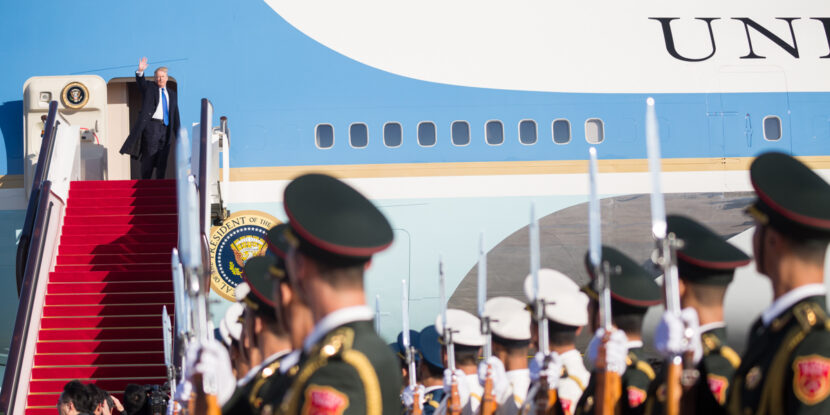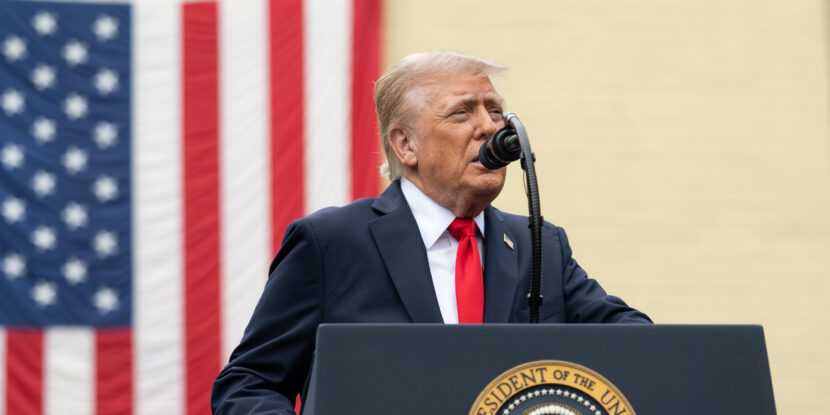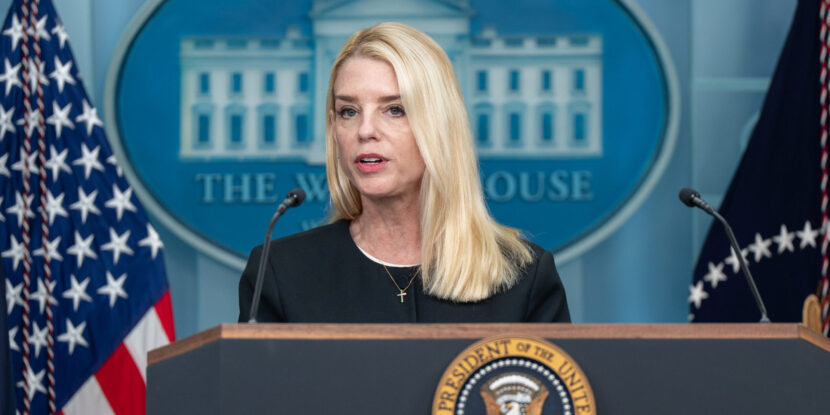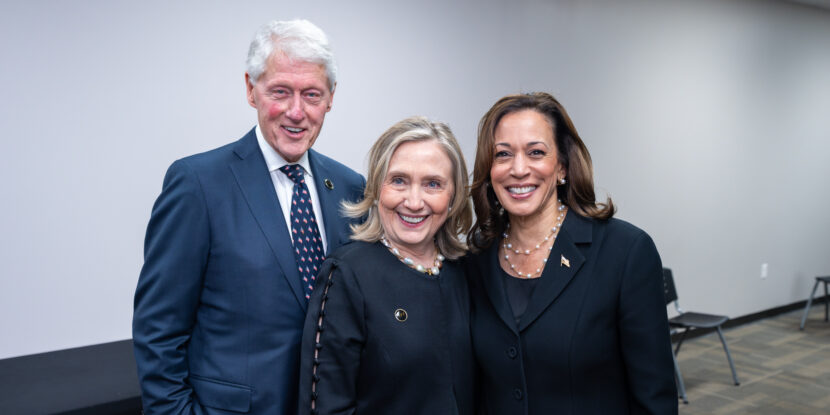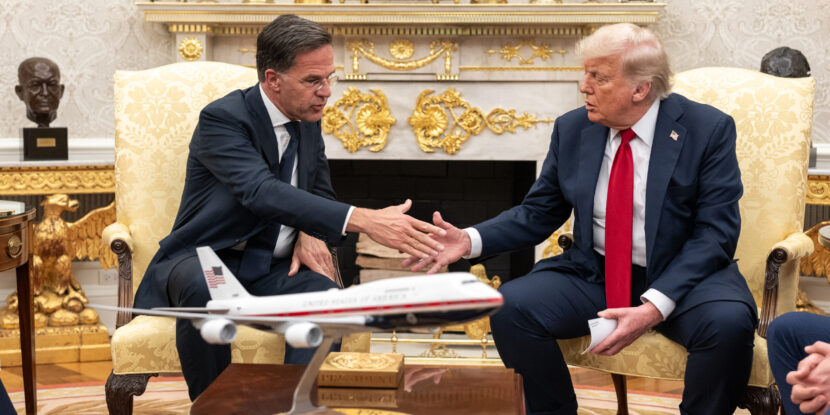PULSE POINTS:
❓What Happened: China increased tariffs on U.S. goods to 125 percent in response to U.S. tariff hikes on Chinese products.
👥 Who’s Involved: China, the United States, President Donald J. Trump, and the Chinese Ministry of Finance.
📍 Where & When: The announcement was made on Friday.
💬 Key Quote: “The U.S.’s imposition of abnormally high tariffs on China seriously violates international economic and trade rules…” claims China’s Ministry of Finance.
⚠️ Impact: U.S. products, including soybeans, pharmaceutical drugs, and airplanes, are affected; tensions between the two nations rise, with implications for international trade systems.
IN FULL:
Beijing is striking back against the United States, imposing a 125 percent tariff on American goods. The move follows U.S. President Donald J. Trump clarifying on Thursday that the effective tariff rate on Chinese imports now stands at 145 percent, up from the previous 125 percent.
Among American goods falling under the new Chinese import duties are soybeans, pharmaceuticals, and aircraft. The duty on soybeans is likely to be the most impactful, as while China exports far more to the United States than it imports, the American goods that China does buy tend to be agricultural.
In announcing the new trade measures, the Chinese Ministry of Finance accused the United States of violating international trade norms and engaging in economic coercion. “The U.S.’s imposition of abnormally high tariffs on China seriously violates international economic and trade rules,” claimed the ministry.
The U.S. had cited China’s involvement in the fentanyl trade as a factor for the tariff increase. President Donald J. Trump has been vocal about what he perceives as China’s long-standing unfair trade practices against the U.S., cautioning Beijing against further retaliation. Trump’s recent statements emphasize the need for China to recognize that its economic practices are unsustainable.
In response to the U.S. tariffs, Chinese officials maintain that the new rates leave no viable market for American exports to China. “If the U.S. continues to impose tariffs on Chinese goods exported to the U.S., China will ignore it,” the Chinese ministry remarked. However, it is important to note that China—a surplus economy—is far more reliant on the U.S. purchasing Chinese goods than vice-versa.
China appears to have halted efforts to defend its currency, the yuan Renminbi, against the U.S. tariffs. After initially devaluing earlier in the week, the yuan began to appreciate again last night. Notably, the Chinese purposefully devalue the yuan to give the country’s exports a competitive advantage in global trade.
